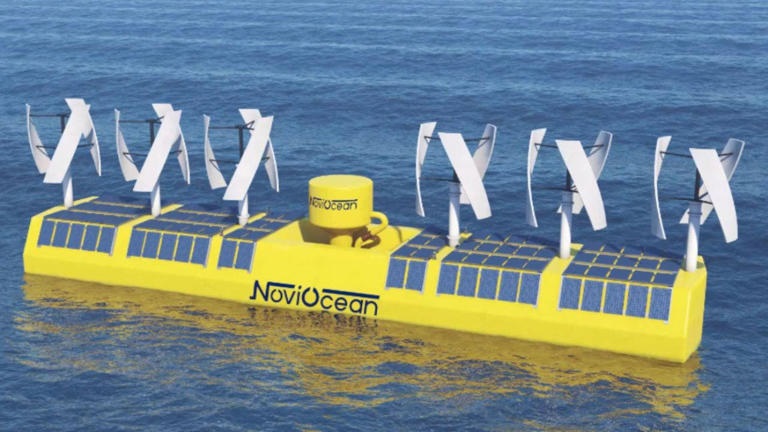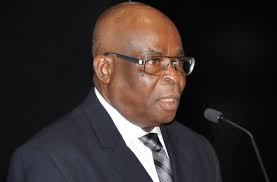By Energy Worth
The Chief Justice of Nigeria (CJN) and chairman, Board of Governors, National Judicial Institute (NJI), Abuja, Justice Walter Onnoghen, on Monday, said the judiciary would be stringent in applying punishment for electricity and pipeline vandals.
Justice Onnoghen stated this at an interactive session with judges organised by the Niger-Delta Power Holding Company (NDPHC) in collaboration with the NJI.
“There have been several incidents of sabotage such as oil and gas pipeline vandalism and destruction of transmission lines, leading to acute gas shortages and power failure.”
These actions, Onnoghen posited, go against the law and discourage investors in the power sector.
“The judiciary, therefore, will play its own part in ensuring the implementation of power projects by punishing the perpetrators of these acts in appropriate cases and in accordance with the law to serve as deterrence.
According to the CJN, the interaction was convened as a result of the need to examine the role of the judiciary in the effective implementation of power projects in the country.
The theme of the interaction was ‘The role of the Judiciary and other stakeholders in the effective implementation of power projects in Nigeria’.
Onnoghen added that said the interaction was aimed at exploring an effective means of executing power projects towards maximising the sector’s potential for power generation and distribution.
“Distinguished participants, it has become expedient to bring together judicial officers, key stakeholders and experts alike to harness ideas, experiences and opinions on the best possible way to encourage proactive implementation of power projects,” Onnoghen stated.
The interaction focused on issues pertaining to injunctions, the implications of vandalism on power generation and the impact of stable electricity supply on the Nigerian economy, among others.
Onnoghen said development of the country was largely dependent on sustainable electricity.
His words: “The biggest economies in the world today are driven by stable electricity supply among other basic social amenities.
“To be more specific, stabilisation of power in Nigeria is pertinent to the judicial officer because the modern day courtroom can only function properly with adequate power supply.”
In addition, he said the role of the judiciary in the effective implementation of power projects in Nigeria “is not unrelated to its constitutional role”.
“It is clear from the provisions of Section 6(6) of the 1999 Constitution of the Federal Republic of Nigeria (as amended), that the role of the courts is to preside over and render judgement in cases; to enforce or void statutes and law when the scope or constitutionality are questioned, and to interpret statutes and laws when disputes arise.”
The CJN noted that the role was mainly that of an “intervention” as opposed to “originating” in nature.
He encouraged participants to always bring to bear the knowledge of the provisions of the Electricity Power Sector Reform Act (EPSRA), 2005 when adjudicating on disputes related to the power sector.
Further, Onnoghen urged judicial officers to encourage the use of Alternative Dispute Resolution (ADR) mechanisms between parties.
“This is to avoid the technicalities involved in resolving such cases. Alternative Dispute Resolution mechanisms are highly instrumental in the quick resolution of disputes and reducing the load of court injunctions and orders, which may inhibit the steady implementation of power projects.
“I had already issued a Practice Direction to the effect that the courts must insist on compliance with arbitration clauses in commercial contracts before invoking the jurisdiction of the courts in actions for alleged breach of contracts,” Onnoghen said.









